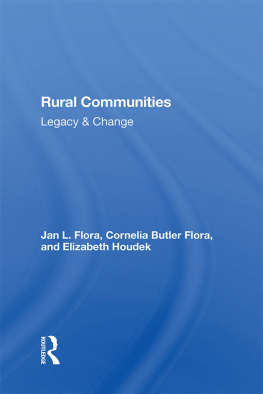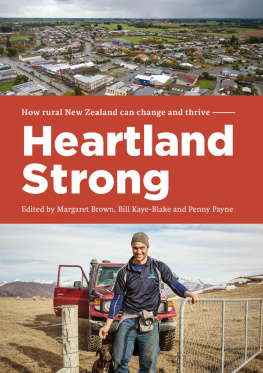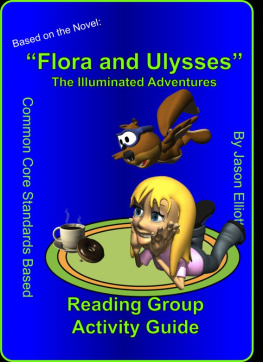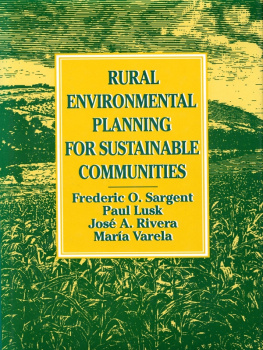Jan L. Flora - Rural Communities Study Guide
Here you can read online Jan L. Flora - Rural Communities Study Guide full text of the book (entire story) in english for free. Download pdf and epub, get meaning, cover and reviews about this ebook. year: 2019, publisher: Routledge, genre: Politics. Description of the work, (preface) as well as reviews are available. Best literature library LitArk.com created for fans of good reading and offers a wide selection of genres:
Romance novel
Science fiction
Adventure
Detective
Science
History
Home and family
Prose
Art
Politics
Computer
Non-fiction
Religion
Business
Children
Humor
Choose a favorite category and find really read worthwhile books. Enjoy immersion in the world of imagination, feel the emotions of the characters or learn something new for yourself, make an fascinating discovery.
- Book:Rural Communities Study Guide
- Author:
- Publisher:Routledge
- Genre:
- Year:2019
- Rating:5 / 5
- Favourites:Add to favourites
- Your mark:
- 100
- 1
- 2
- 3
- 4
- 5
Rural Communities Study Guide: summary, description and annotation
We offer to read an annotation, description, summary or preface (depends on what the author of the book "Rural Communities Study Guide" wrote himself). If you haven't found the necessary information about the book — write in the comments, we will try to find it.
Rural Communities Study Guide — read online for free the complete book (whole text) full work
Below is the text of the book, divided by pages. System saving the place of the last page read, allows you to conveniently read the book "Rural Communities Study Guide" online for free, without having to search again every time where you left off. Put a bookmark, and you can go to the page where you finished reading at any time.
Font size:
Interval:
Bookmark:
Cornelia Butler Flora,
and Elizabeth Houdek

52 Vanderbilt Avenue, New York, NY 10017
2 Park Square, Milton Park, Abingdon, Oxon OX14 4RN
Product or corporate names may be trademarks or registered trademarks, and are used only for identification and explanation without intent to infringe.
Independent Study, Ohio University
Virginia Poly technical Institute and State University
Virginia Poiytechnical Institute and State University
Rural Clearinghouse for Lifelong Education and Development
Kansas State University
University of Kentucky
The Institute for Local Government Administration and Rural Development
Ohio University
Farm Foundation
Colorado Slate University
Western Interstate Commission on Higher Education
Faculty of Planning
Rutgers University
The Office of External Programs for the Vermont State Colleges
District Office, Maricopa Community College
Center for Rural Studies
University of Vermont
Department of Sociology
Iowa State University
Institute for Public Policy and Business Research
University of Kansas
Department of Planning, University of Oregon
Department of Sociology
Utah State University
University of Arizona
Department of Sociology & Human Services
Anne Arundel Community College
Division of Applied Research
University of Georgia
Font size:
Interval:
Bookmark:
Similar books «Rural Communities Study Guide»
Look at similar books to Rural Communities Study Guide. We have selected literature similar in name and meaning in the hope of providing readers with more options to find new, interesting, not yet read works.
Discussion, reviews of the book Rural Communities Study Guide and just readers' own opinions. Leave your comments, write what you think about the work, its meaning or the main characters. Specify what exactly you liked and what you didn't like, and why you think so.






